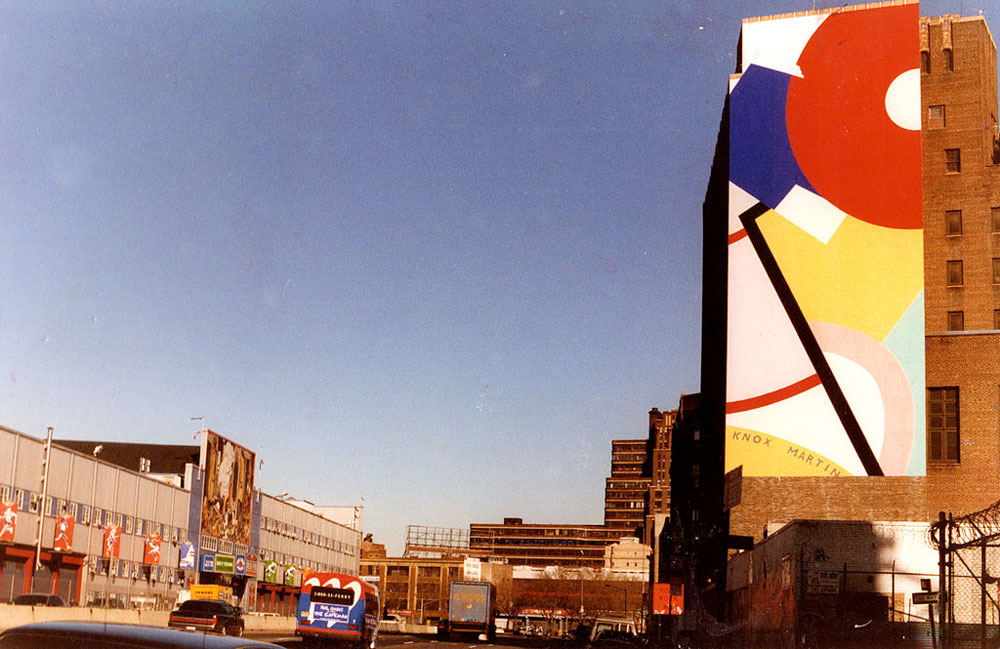
October 14, 2019; The City
“Women’s Prison to Nonprofit Women’s Center: Creepy or Not?” That’s the question posed in a 2015 newswire about the NoVo Foundation’s plan to convert the Bayview Correctional Center, a women’s prison on Manhattan’s West Side in New York City, into a nonprofit building for women’s organizations. As it turns out, whether or not it is creepy has turned out to be moot, since the foundation has decided it will pull out of the initiative altogether.
The NoVo Foundation, established in 2006 by Jennifer and Peter Buffett, has followed an unusual, high profile path. Peter Buffett is the son of billionaire philanthropist Warren Buffett, and the Foundation funds causes related to—and led by—low-income women and women of color. In fact, the Center’s repurposing was to have involved former inmates of the facility.
The Bayview building was awarded to the foundation by the state in a competitive process. But, as one might expect, no development project costs precisely what was predicted, and in this case, the effort’s price tag eventually ballooned to hundreds of millions of dollars, a sum which the foundation finally determined would be better spent on grants.
The NoVo Foundation said the decision was “agonizing.”
Sign up for our free newsletters
Subscribe to NPQ's newsletters to have our top stories delivered directly to your inbox.
By signing up, you agree to our privacy policy and terms of use, and to receive messages from NPQ and our partners.
“Timelines and budgets for this project have far exceeded original estimates,” reads the letter. “Put simply, every dollar that goes to the future of this project could instead go directly to immediate work on the ground.”
With that said, NoVo pledged $50 million “to continue the work already underway by this remarkable community.”
Burt Lazarin, chair of local Community Board 4 (CB4) in Manhattan, said that board was “very surprised and disappointed” by the decision, which was relayed to him by a call from the foundation last Friday. CB4 had met with designers and engineers on the project as recently as this past summer; however, it appears that as early as February, the board acknowledged in a letter that NoVo realized its original plan was “not economically feasible and that an entirely new building proposal was being developed.” The community board, in turn, objected to that plan, which would have resulted in the demolition of a portion of the structure.
So, the building, which neighbors feared would be turned into luxury housing, is now once again up for grabs, though the state of New York is once again committing to working with neighbors to determine its use. And, although the choice may have been agonizing for the foundation, it looks like it was the right one in the end—though we wonder how much money it took to get to this decision point.—Ruth McCambridge










